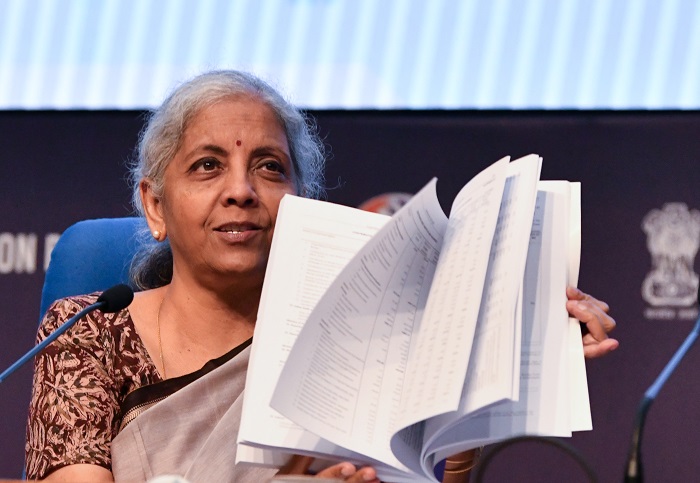The Indian expatriate community in Muscat had mixed reactions to the first budget presented by the Narendra Modi-led government. While some believed that the budget failed to address long-standing sops for NRIs, there were provisions related to employment, consumption boosts, and support for rural and MSME sectors that could invigorate NRI businessmen. The budget, presented by Finance Minister Nirmala Sitharaman, sparked varied opinions among NRIs. R. Madhusoodanan, a financial expert based in Muscat, expressed disappointment, stating that the budget did not meet the high expectations of the Indian expat community.
Madhusoodanan acknowledged the budget’s pro-development agenda within India, focusing on crucial areas such as agriculture, employment generation, youth development, and urban and rural development. He welcomed the reduction in customs duties on gold, silver, platinum, and mobile phones, but noted that the budget may have left many NRIs somewhat disappointed. He also highlighted the “abolition of the Angel Tax” as a significant win for startups and entrepreneurs and the 5% reduction in corporate tax for foreign companies. However, he mentioned that the budget did not offer relief for those sticking to the old tax regime.
Piyush Jain, Group CFO of Al Tasnim Enterprises LLC, shared his thoughts on the budget, stating that it sent a strong message on employment and skilling, consumption boost, support for rural and MSME sectors, digitalisation, and fiscal controls. He highlighted two perspectives for the NRI community regarding the budget, mentioning that NRI businessmen are likely to benefit from increased investment opportunities in India. However, workforce and salaried-class NRIs may face higher taxes on certain capital gains.
One NRI based in Sohar, P. Samir, welcomed the budget’s focus on job creation and skill development programmes for youth, as well as the reduction in gold duty from 15 percent to 6 percent. He called it positive news for NRI families, stating that the reduction in duties on mobile phones, chargers, and silver will stimulate consumer demand and benefit domestic manufacturers by reducing input costs.
Overall, the budget presented by the Modi-led government has sparked varied reactions among the Indian expatriate community in Muscat. While some feel disappointed that long-standing sops for NRIs were not addressed, others see potential for invigoration in areas such as employment, consumption boosts, and support for rural and MSME sectors. The reduction in customs duties on certain goods and the focus on key areas such as agriculture and youth development have been welcomed by some, while the negative impact on capital gains taxes has been a cause of concern for others. It remains to be seen how the budget will ultimately impact the NRI community in Muscat and beyond.











